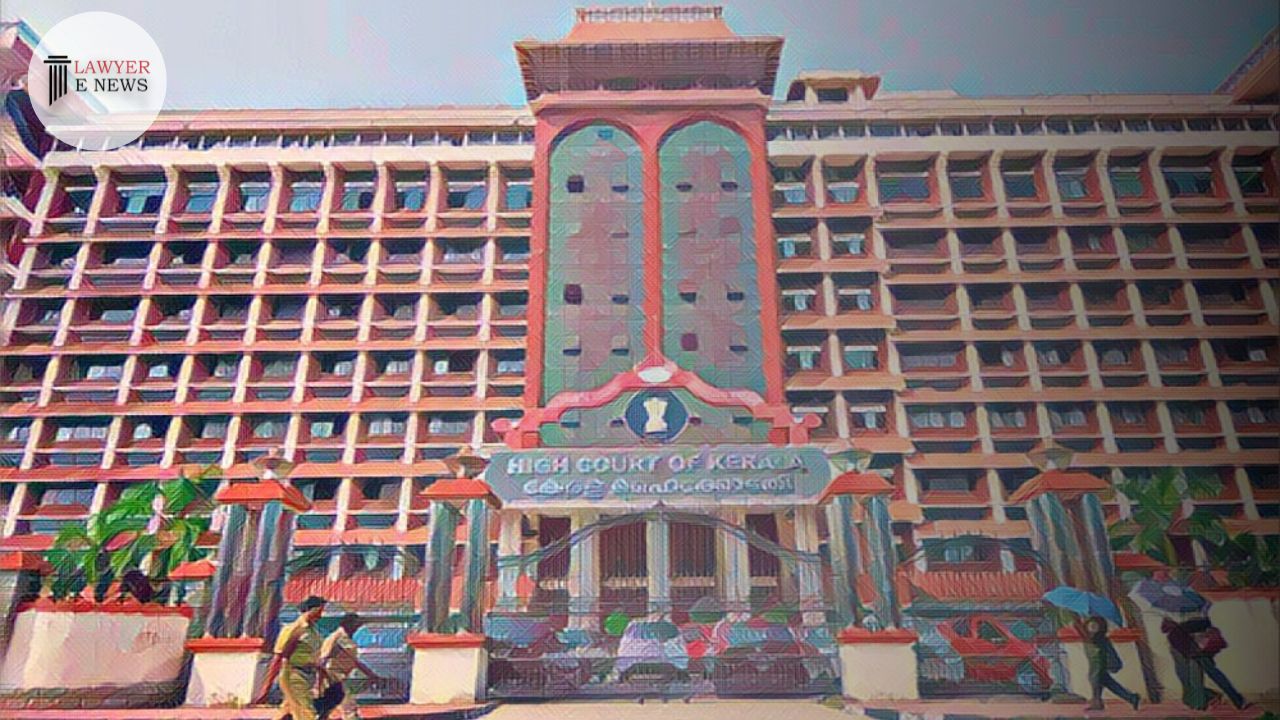-
by Admin
15 February 2026 2:36 AM



In a significant development, the High Court of Kerala at Ernakulam has overturned a decision by the trial court, emphasizing the importance of urgent relief in suit matters involving the Government. The case in question, OP© No. 1373 of 2023, involved St. Pius X Church, Kumarapuram, represented by Rev. Fr. Jose Franklin.B., who filed a suit against the State of Kerala and several public officers. The trial court had rejected leave under Section 80(2) of the Civil Procedure Code (C.P.C.), stating that there was no necessity for urgent relief in the matter.
However, the High Court, presided over by the Honourable Mr. Justice P. Somarajan, found the trial court’s decision untenable. The judgment highlighted the importance of understanding the real spirit behind Section 80 C.P.C. and its sub-sections. It was stated, “The whole scheme of Section 80 C.P.C. would show that sub-section (2) is inserted so as to protect the interest of the plaintiff from being defeated by any emergent danger or invasion on any valuable right.”
The High Court stressed the need for subjective satisfaction and assessing the probability of irreparable injury when considering urgent relief. Justice Somarajan asserted, “The court must give due consideration regarding the existence of any urgent or immediate relief rather than sticking on the requirement under sub-section (1) of Section 80 C.P.C. for compliance of two months prior notice in writing.”
The judgment clarified that Section 80(2) C.P.C. should be viewed as a precautionary measure to resolve grievances without litigation and not as an absolute condition precedent in all cases. It was stated, “The real spirit of the provision is resting on the question of avoidance of litigation as against the State Government or a public servant by providing them two months’ time to redress the grievance of the plaintiff and not to defeat any valuable right of the plaintiff, especially any urgent and immediate relief.”
The High Court found that the trial court had overlooked this cardinal principle when it returned the suit without considering the application for urgent remedy. As a result, the High Court set aside the trial court’s decision and restored the suit to the file of the trial court. The parties have been directed to appear before the trial court on 25th July 2023, where the court shall reconsider the grant of leave afresh and pass necessary orders accordingly.
This judgment carries significant implications for suits involving the Government and public officers in the state, as it emphasizes the need for timely and urgent relief in certain cases. The High Court’s ruling serves as a reminder that the interest of the plaintiff should be protected, especially when facing emergent dangers or potential violations of valuable rights. The court’s decision promotes the effective administration of justice and upholds the principles of fairness and equity in legal proceedings involving the State and its agencies.
Date of Decision: 19th day of July 2023
PIUS X CHURCH vs STATE OF KERALA,
